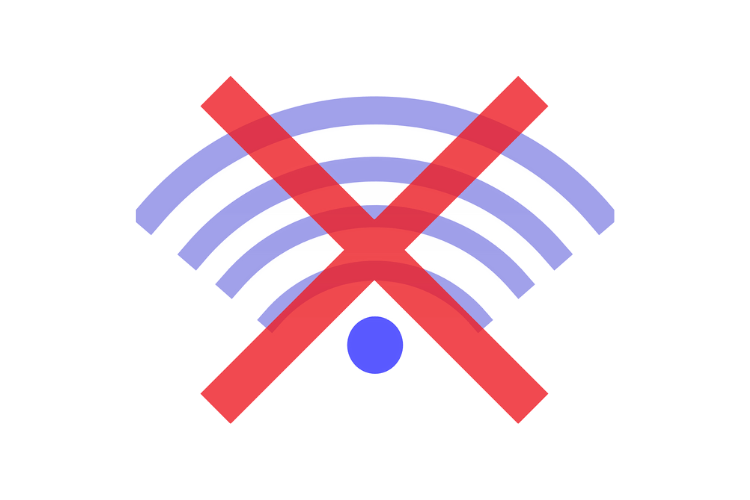Life nowadays is hard without the Internet.
And as a language learner, you might find it challenging to learn a language offline and not have access to your favorite tools or apps.
Can you learn a foreign language without Internet? Yes. You can either go back to old school learning methods, store plenty of content offline, or utilize apps or services that allow “offline mode”.
Given that you’ll be disconnected for a while, what are some effective ways to continue learning your target language?
8 Needle-Moving Alternatives For Learning a Language Offline
Effectively learning a language doesn’t always require Internet.
In fact, you can do just as well given you choose the right tools and techniques.
Here are great alternatives you can do off the Web:
Alternative #1: Enroll In Classrooms or Courses – Traditional, old school ways to learn a language absolutely works. Otherwise, how could polyglots or multilinguals acquire their languages during the days before the Internet? If you see an interesting language program in your area, you can make it work as long as you’re dedicated to it.
Alternative #2: Return to the Classic Language Textbook – A high quality textbook will give you a nice introduction into your target language and a great head start with the basic vocabulary and grammar. You can take it up a notch by choosing textbooks based on your current level at the language.
Alternative #3: Find Tutors or Natives In Your Area – Instead of browsing online, how about finding natives or language tutors in person? You can meet them somewhere and hopefully get them to teach or practice languages with you. This will work well if you have connections who can refer you to these people.
Alternative #4: Create Notes to Review Regularly – Apps and courses are highly beneficial because their content are already organized. But without their aid, you can always organize notes of your own when learning a new language. YouTube has many examples of language learners who have organized their notes, so you might want to check them out before going offline.
Alternative #5: Use Flashcards – Flashcards are super helpful at improving your vocabulary. You can save flashcard decks digitally then review them offline. The best app I know that can go offline is Anki, but with a bit of research, you can find one that won’t cost you a dime.
Alternative #6: Go Into Real World Immersion – Getting into an environment surrounded by your target language is a surefire way to speed up your progress. The main catch of course is you’ll spend a ton of cash if you have to travel to a foreign country for immersion.
Alternative #7: Save Videos or Other Content Offline – If you can’t do the real world methods above, then you can utilize the storage space of your gadgets to store files. You can save videos, podcasts, songs, ebooks, documents, pictures, and other files that you’re going to use to learn your target language.
Alternative #8: Use Apps That Can Go Offline Mode – Many language learning apps nowadays offer offline usage, though most offer a price tag for it (i.e. Duolingo, Memrise, FluentU). However, some apps like Spotify and YouTube allow you to download content offline (i.e. podcast and videos). But I think if you search apps in a specific language (such as apps in Mandarin) you might find some that could work offline.
No Internet? No Problem!
Resourcefulness plays a role when handling constraints towards language learning. Turns out you can do plenty of things as an alternative for the Internet.
In fact, you can build your very own “Internet off the grid” given you have rich resources in various formats so you won’t get bored.
Whether you decide to hoard on books or digital content, return to old school ways, or leverage technology that can go offline mode, the important thing is you have a means for learning.
Take a method, use it regularly, and you’ll make good progress.
As a language learner, what are some ways you’re using to learn a language offline? Let’s talk about it in the comments.
